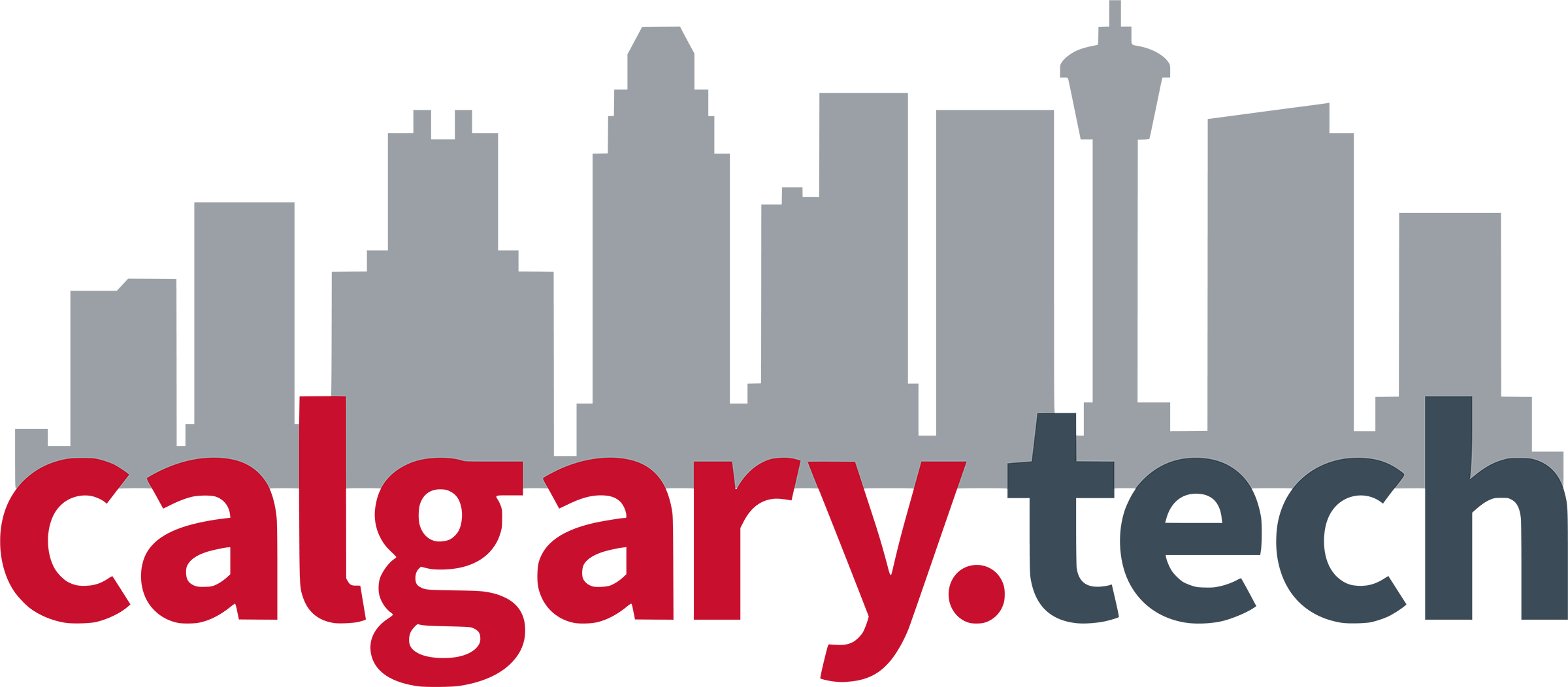
As global demand for data centre capacity and sustainable technology solutions continues to surge, Alberta is emerging as a significant player in the high-tech space. At the forefront of this evolution is Calgary-based CoolIT Systems, a world leader in liquid cooling technology for data centres.
 In this interview, we speak with Patrick McGinn, Chief Operating Officer of CoolIT Systems, whose extensive experience in leading technology companies has been instrumental in driving innovation and growth within the industry.
In this interview, we speak with Patrick McGinn, Chief Operating Officer of CoolIT Systems, whose extensive experience in leading technology companies has been instrumental in driving innovation and growth within the industry.
McGinn shares insights on the factors fuelling Alberta’s rise as a data centre and tech hub, CoolIT’s recent expansion supported by Colliers, and how the company’s energy-efficient solutions are redefining sustainability in the data centre sector.
He also discusses the job growth associated with CoolIT’s new facilities, the challenges Alberta faces, and the opportunities ahead for the province’s tech ecosystem.
What factors do you believe are driving Alberta’s rapid rise as a hub for the data centre and tech industries?
PM: Alberta is a natural location for data centers and tech industries because of its abundant natural resources, temperate climate and educated workforce. The province offers a business-friendly environment, and institutions like the University of Calgary, Mount Royal University and SAIT provide a strong supply of tech talent.
Major cloud service companies like AWS and Microsoft have located data centers in the region because of excellent connectivity and Alberta’s proximity to major US markets. Alberta’s efforts to diversify its economy, including incentives and investments in advanced infrastructure, make the province an excellent place for high-tech growth.
These factors position Alberta as a key player in North America’s data center industry and technology sector.
Can you talk about Colliers’ role in securing the new liquid cooling R&D facility and how their support has been crucial for CoolIT?
PM: Having worked with Colliers for the past 8 years, they understand our growth trajectory and our evolving needs, even considering individual staff needs when finding our new facilities.
We’ve outgrown our office and manufacturing spaces several times and needed larger locations.
With our most recent heavy growth spurt – driven by the massive demand for AI data center liquid cooling – Colliers helped us find a building that will allow us to expand our manufacturing capacity by 25X and Liquid Lab™ Innovation Centre from 13,000 sq. ft. to 38,000 sq. ft. They also found us a beautiful office space in Quarry Park that will house our new headquarters, which we’re all looking forward to moving into this summer.
With the new facility, how many jobs do you expect to create, and how will it impact Alberta’s tech ecosystem?
PM: We’ve doubled our headcount each year for the past several years. We expect to continue to grow rapidly over the next few years as we increase production of our liquid cooling products to supply technology leaders around the world. That includes creating jobs in manufacturing, engineering, research, procurement, sales, project management and more.
CoolIT is proud to support the growth of technology and manufacturing jobs in the province and to be an Alberta-based world leader in liquid cooling technology.
With the growing demand for sustainable solutions, how does CoolIT’s liquid cooling technology address both energy efficiency and environmental concerns within the data centre industry?
PM: Forced air cooling of servers consumes between 40% and 50% of a data center’s energy. CoolIT’s liquid cooling technology can help reduce this energy consumption by over 90%. Liquid cooling is the single largest energy-saving technology that data centers can use.
Heat captured through liquid cooling can also be reused. We’ve seen this most recently at the Paris Olympics with a nearby data center heating the Olympic aquatic center’s pools. Many of CoolIT’s data center customers recycle their data center heat and redistribute it to heat greenhouses, fish hatcheries and nearby homes and office buildings.
What challenges does Alberta face in growing its tech ecosystem, and how is CoolIT preparing to navigate them?
PM: Alberta’s challenge is to continue educating and attracting talent to the province. Our educational systems and businesses share in growing the province’s technology leaders. We must also continue drawing talent to Alberta with our high quality of life, vibrant culture, beautiful scenery, hospitality and attractive jobs.
For our part, CoolIT works very hard to develop a culture that attracts and retains top talent and fosters growth. We’re proud to be a Canadian tech leader.
Looking ahead, what do you see as the biggest opportunities for Alberta in the data centre and tech space over the next 5-10 years.
PM: Alberta has a lot of land and power, plus an ideal climate for data centers. Data centers are poised for significant growth in the next several years. Thanks to Alberta’s excellent business and economic climate, the province’s technology sector is also set for a bright future.



Leave a Reply